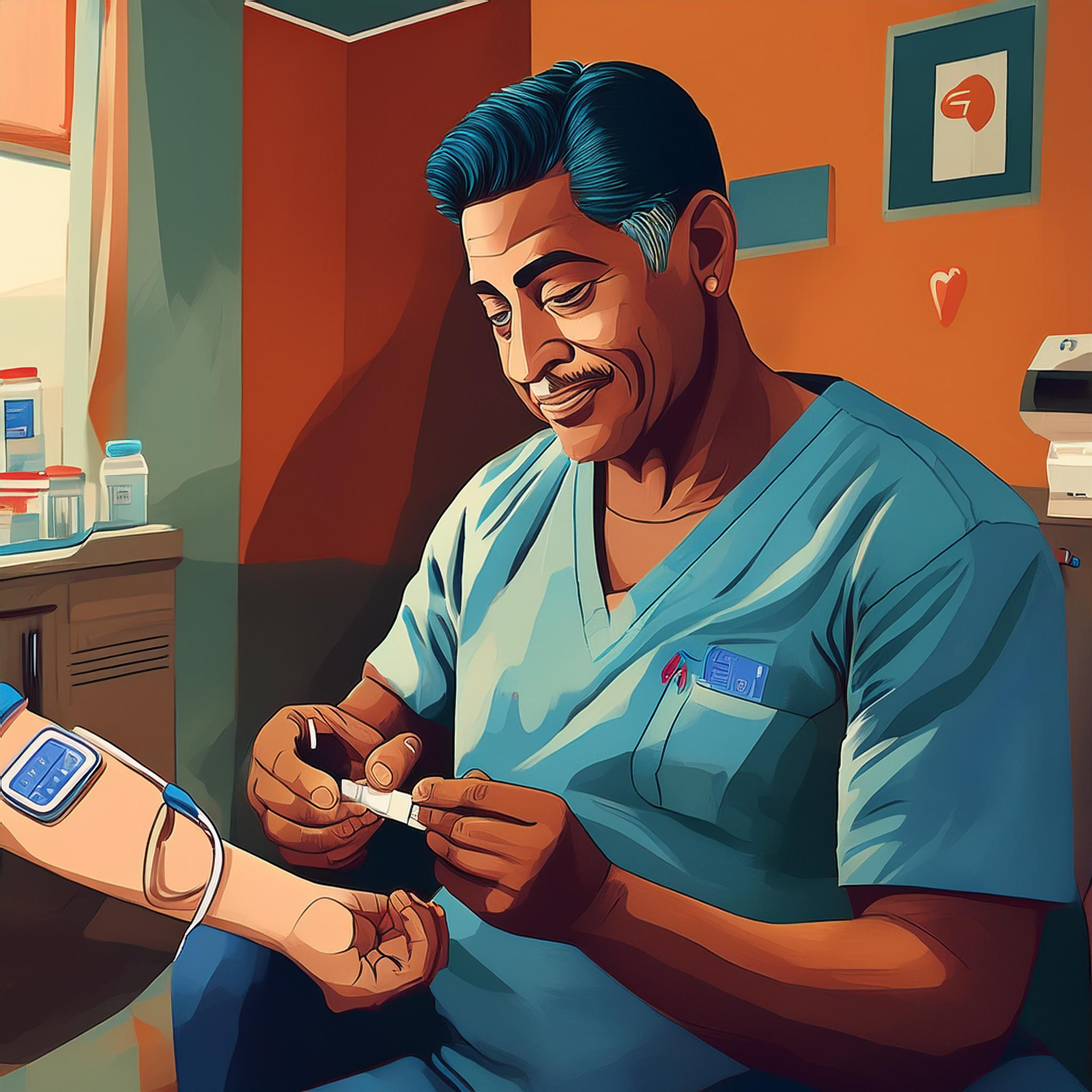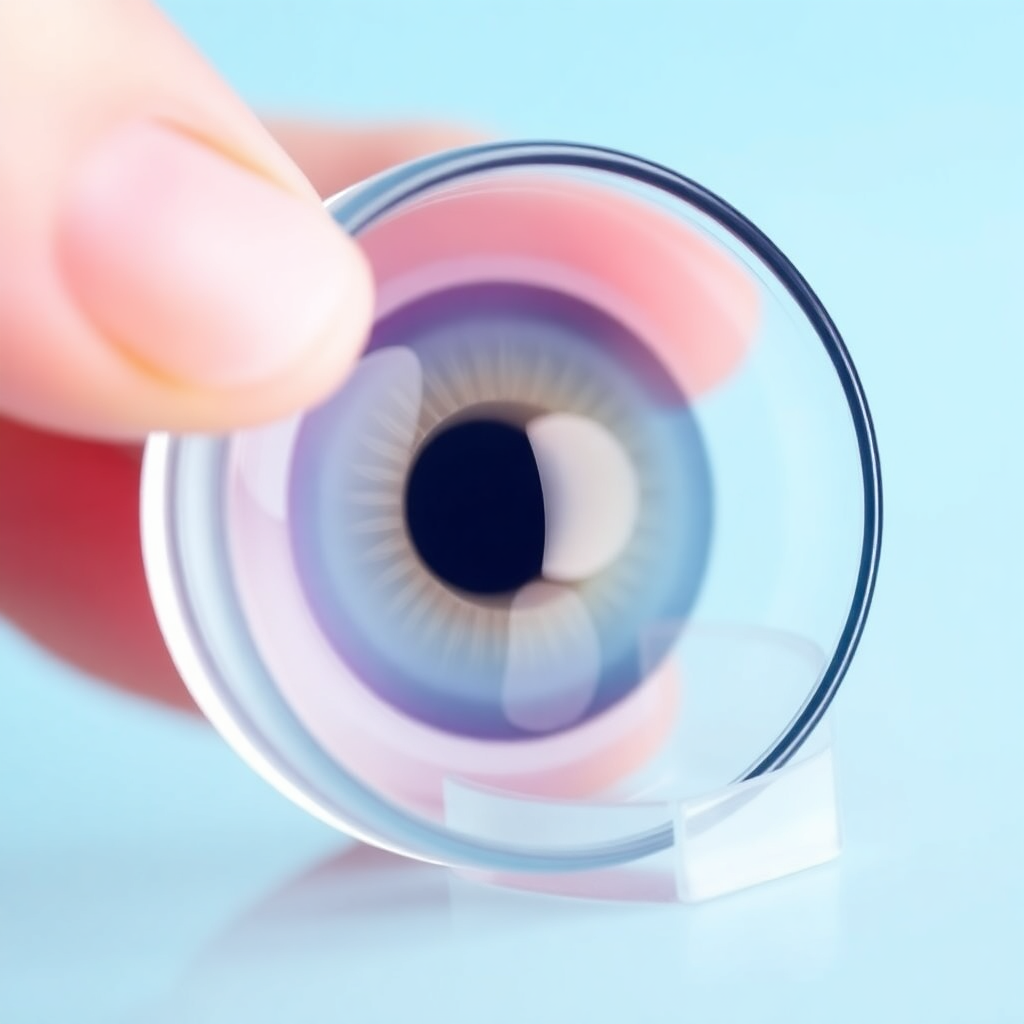Analysis of The Prevention Needs of Adolescent Girls' Mental Health Disorders: A Qualitative Study
Downloads
Adolescent girls in Jakarta face unique mental health challenges due to cultural, social, and environmental factors. Understanding their prevention needs is critical to inform targeted interventions. This qualitative study aimed to explore the prevention needs of mental health disorders among adolescent girls in Jakarta, shedding light on their experiences and requirements for effective support. We conducted a qualitative study in Jakarta, Indonesia. Participants included 4 counseling guidance teachers consisting of public schools, private schools, Islamic and Christian affiliated schools, 2 parents, 1 coordinator of the School Health Unit, 2 health workers who hold PKPR projects, and the supervisor in charge of the school health unit, selected through purposive sampling. Data were collected through focus group discussion and analyzed using thematic analysis manually. The study reveals that teachers and parents have varying levels of exposure to adolescent mental health information, with some offering counseling but not always tailored to girls' needs. Parents often rely on subtle cues to detect mental health issues in their daughters. There's room for improvement in addressing girls' mental health needs in schools, with specific training for teachers and more open parent-daughter communication. Further research is needed to ensure uniform support for adolescent mental health.
Abd El Salam, A. E., AbdAllah, A. M., & El Maghawry, H. A. (2023). Effect of health education program on improving knowledge and atitude towards mental health stigma and professional help-seeking among adolescents. Middle East Current Psychiatry, 30(1), 32. https://doi.org/10.1186/s43045-023-00298-1
Afshari, R., Kaveh, M. H., Lankarani, K. B., Doolub, D., Jaafari, N., & Ostovarfar, J. (2022). Empowering teachers to screen, guide, and refer schoolchildren with behavioral and mental health problems. A pilot study to promote mental health in Iran. Frontiers in Psychiatry, 13. https://doi.org/10.3389/fpsyt.2022.894483
Bignold, M. L. G. M., & Anderson, D. (2023). Parents’ mental health literacy, preferred school counsellor roles, and intention to follow up referrals. Journal of Psychologists and Counsellors in Schools, 33(1), 90–101. https://doi.org/10.1017/jgc.2023.2
Brann, K. L., Boone, W. J., Splett, J. W., Clemons, C., & Bidwell, S. L. (2021). Development of the School Mental Health Self-Efficacy Teacher Survey Using Rasch Analysis. Journal of Psychoeducational Assessment, 39(2), 197–211. https://doi.org/10.1177/0734282920947504
Brooks, H., Syarif, A. K., Pedley, R., Irmansyah, I., Prawira, B., Lovell, K., Opitasari, C., Ardisasmita, A., Tanjung, I. S., Renwick, L., Salim, S., & Bee, P. (2021). Improving mental health literacy among young people aged 11–15 years in Java, Indonesia: the co-development of a culturally-appropriate, user-centred resource (The IMPeTUs Intervention). Child and Adolescent Psychiatry and Mental Health, 15(1), 56. https://doi.org/10.1186/s13034-021-00410-5
Chok, L., Suris, J.-C., & Barrense-Dias, Y. (2023). Adolescents’ mental health and emotional problems: a qualitative study in Switzerland. Qualitative Research Journal, 23(2), 181–190. https://doi.org/10.1108/QRJ-08-2022-0115
Finning, K., White, J., Toth, K., Golden, S., Melendez-Torres, G. J., & Ford, T. (2022). Longer-term effects of school-based counselling in UK primary schools. European Child & Adolescent Psychiatry, 31(10), 1591–1599. https://doi.org/10.1007/s00787-021-01802-w
Gruman, D., Marston, T., & Koon, H. (2013). Bringing Mental Health Needs into Focus Through School Counseling Program Transformation. Professional School Counseling, 16(5), 333–341. https://doi.org/10.5330/PSC.n.2013-16.333
Gunawardena, H., Leontini, R., Nair, S., Cross, S., & Hickie, I. (2024). Teachers as first responders: classroom experiences and mental health training needs of Australian schoolteachers. BMC Public Health, 24(1), 268. https://doi.org/10.1186/s12889-023-17599-z
Harrison, M. G. (2022). The professional identity of school counsellors in East and Southeast Asia. Counselling and Psychotherapy Research, 22(3), 543–547. https://doi.org/10.1002/capr.12546
Hidayah, R. (2021). Prevention of Mental Health Problems Among School-Age Children Through Establishment of Mental Health Alert School. Journal of Innovation and Applied Technology, 7(2), 1293–1297. https://doi.org/10.21776/ub.jiat.2021.006.02.12
Hodges, M. (Maggie), Guendelman, S., & Soleimanpour, S. (2021). Adolescents’ use of school-based health centers and receipt of mental health supports. Children and Youth Services Review, 120, 105700. https://doi.org/10.1016/j.childyouth.2020.105700
Longhurst, P., Sumner, A. L., Smith, S. L., Eilenberg, J., Duncan, C., & Cooper, M. (2021). ‘They Need Somebody to Talk To’: Parents’ and Carers’ Perceptions of School‐based Humanistic Counselling. Counselling and Psychotherapy Research, 22(3), 667–677. https://doi.org/10.1002/capr.12496
Mellin, E. A. (2009). Responding to the Crisis in Children’s Mental Health: Potential Roles for the Counseling Profession. Journal of Counseling & Development, 87(4), 501–506. https://doi.org/10.1002/j.1556-6678.2009.tb00136.x
Nadeem, E., Santiago, C. D., Kataoka, S. H., Chang, V. Y., & Stein, B. D. (2016). School Personnel Experiences in Notifying Parents About Their Child’s Risk for Suicide: Lessons Learned. Journal of School Health, 86(1), 3–10. https://doi.org/10.1111/josh.12346
Nishio, A., Kakimoto, M., Horita, R., & Yamamoto, M. (2020). Compulsory educational mental health support system in Japan. Pediatrics International, 62(5), 529–534. https://doi.org/10.1111/ped.14205
Park, S., Lee, D., Jung, S., & Hong, H. J. (2019). Four-year trajectory of Korean youth mental health and impacts of school environment and school counselling: a observational study using national schools database. BMJ Open, 9(11), e027578. https://doi.org/10.1136/bmjopen-2018-027578
Pratiwi, R., Rahmatulloh, A. R., Rahimatussalisa, R., & Nihayah, M. (2022). Portrait of mental health literacy in schools: Knowledge exploration of counseling teachers. KONSELI : Jurnal Bimbingan Dan Konseling (E-Journal), 9(1), 15–26. https://doi.org/10.24042/kons.v9i1.10638
Pulimeno, M., Piscitelli, P., Colazzo, S., Colao, A., & Miani, A. (2020). School as ideal setting to promote health and wellbeing among young people. Health Promotion Perspectives, 10(4), 316–324. https://doi.org/10.34172/hpp.2020.50
Renwick, L., Pedley, R., Johnson, I., Bell, V., Lovell, K., Bee, P., & Brooks, H. (2024). Mental health literacy in children and adolescents in low- and middle-income countries: a mixed studies systematic review and narrative synthesis. European Child & Adolescent Psychiatry, 33(4), 961–985. https://doi.org/10.1007/s00787-022-01997-6
Sarwinanti, Widyawati, Warsini, S., Hakimi, M., & Ramdani, W. F. (2024). Identify mental health needs of adolescent pregnant women: a qualitative study. International Journal of Adolescent Medicine and Health, 36(3), 259–267. https://doi.org/10.1515/ijamh-2024-0028
Shahraki-Sanavi, F., Ansari-Moghaddam, A., Mohammadi, M., Bakhshani, N.-M., & Salehiniya, H. (2020). Effectiveness of school-based mental health programs on mental health among adolescents. Journal of Education and Health Promotion, 9(1), 142. https://doi.org/10.4103/jehp.jehp_421_19
Sitohang, E. D. (2023). Adolescents Mental Health During Covid-19 Pandemic. Journal of Baja Health Science, 3(01), 78–90. https://doi.org/10.47080/joubahs.v3i01.2481
Sulistiowati, N. M. D., Keliat, B. A., Wardani, I. Y., Aldam, S. F. S., Triana, R., & Florensa, M. V. A. (2019). Comprehending Mental Health in Indonesian’s Adolescents through Mental, Emotional, and Social Well-Being. Comprehensive Child and Adolescent Nursing, 42(sup1), 277–283. https://doi.org/10.1080/24694193.2019.1594460
Suryaputri, I. Y., Mubasyiroh, R., Idaiani, S., & Indrawati, L. (2022). Determinants of Depression in Indonesian Youth: Findings From a Community-based Survey. Journal of Preventive Medicine and Public Health, 55(1), 88–97. https://doi.org/10.3961/jpmph.21.113
Tisuela, B. P., & Callo, E. (2022). Competencies of Classroom Teacher-Counselor towards Students’ Self-Esteem Development. International Review of Social Sciences Research, 2(3), 88–104. https://doi.org/10.53378/352922
Wang, C., La Salle, T. P., Do, K. A., Wu, C., & Sullivan, K. E. (2019). Does parental involvement matter for students’ mental health in middle school? School Psychology, 34(2), 222–232. https://doi.org/10.1037/spq0000300
Weist, M. D., Rubin, M., Moore, E., Adelsheim, S., & Wrobel, G. (2007). Mental Health Screening in Schools. Journal of School Health, 77(2), 53–58. https://doi.org/10.1111/j.1746-1561.2007.00167.x
Xuan Vu, H. (2023). The Importance of School Psychological Counselors And Recommendations For Vietnamese Schools. The American Journal of Social Science and Education Innovations, 05(12), 30–40. https://doi.org/10.37547/tajssei/Volume05Issue12-05
Yoon, Y., Eisenstadt, M., Lereya, S. T., & Deighton, J. (2023). Gender difference in the change of adolescents’ mental health and subjective wellbeing trajectories. European Child & Adolescent Psychiatry, 32(9), 1569–1578. https://doi.org/10.1007/s00787-022-01961-4
Zakaria, N. (2024). Guidance and Counseling Management: A Scientific Approach to Improving Students’ Mental Health. Jurnal Konseling Pendidikan Islam, 5(1), 84–95. https://doi.org/10.32806/jkpi.v5i1.130
Zuhri, M. N. (2022). Cognitive Psychology Development in The Early Adolescence. Journal of Education on Social Issues, 2(1), 44–51. https://doi.org/10.26623/jesi.v2i1.40
Copyright (c) 2024 JURNAL INFO KESEHATAN

This work is licensed under a Creative Commons Attribution-NonCommercial-ShareAlike 4.0 International License.
Copyright notice
Ownership of copyright
The copyright in this website and the material on this website (including without limitation the text, computer code, artwork, photographs, images, music, audio material, video material and audio-visual material on this website) is owned by JURNAL INFO KESEHATAN and its licensors.
Copyright license
JURNAL INFO KESEHATAN grants to you a worldwide non-exclusive royalty-free revocable license to:
- view this website and the material on this website on a computer or mobile device via a web browser;
- copy and store this website and the material on this website in your web browser cache memory; and
- print pages from this website for your use.
- All articles published by JURNAL INFO KESEHATAN are licensed under the Creative Commons Attribution 4.0 International License. This permits anyone to copy, redistribute, remix, transmit and adapt the work provided the original work and source is appropriately cited.
JURNAL INFO KESEHATAN does not grant you any other rights in relation to this website or the material on this website. In other words, all other rights are reserved.
For the avoidance of doubt, you must not adapt, edit, change, transform, publish, republish, distribute, redistribute, broadcast, rebroadcast or show or play in public this website or the material on this website (in any form or media) without appropriately and conspicuously citing the original work and source or JURNAL INFO KESEHATAN prior written permission.
Permissions
You may request permission to use the copyright materials on this website by writing to jurnalinfokesehatan@gmail.com.
Enforcement of copyright
JURNAL INFO KESEHATAN takes the protection of its copyright very seriously.
If JURNAL INFO KESEHATAN discovers that you have used its copyright materials in contravention of the license above, JURNAL INFO KESEHATAN may bring legal proceedings against you seeking monetary damages and an injunction to stop you using those materials. You could also be ordered to pay legal costs.
If you become aware of any use of JURNAL INFO KESEHATAN copyright materials that contravenes or may contravene the license above, please report this by email to jurnalinfokesehatan@gmail.com
Infringing material
If you become aware of any material on the website that you believe infringes your or any other person's copyright, please report this by email to jurnalinfokesehatan@gmail.com.





























